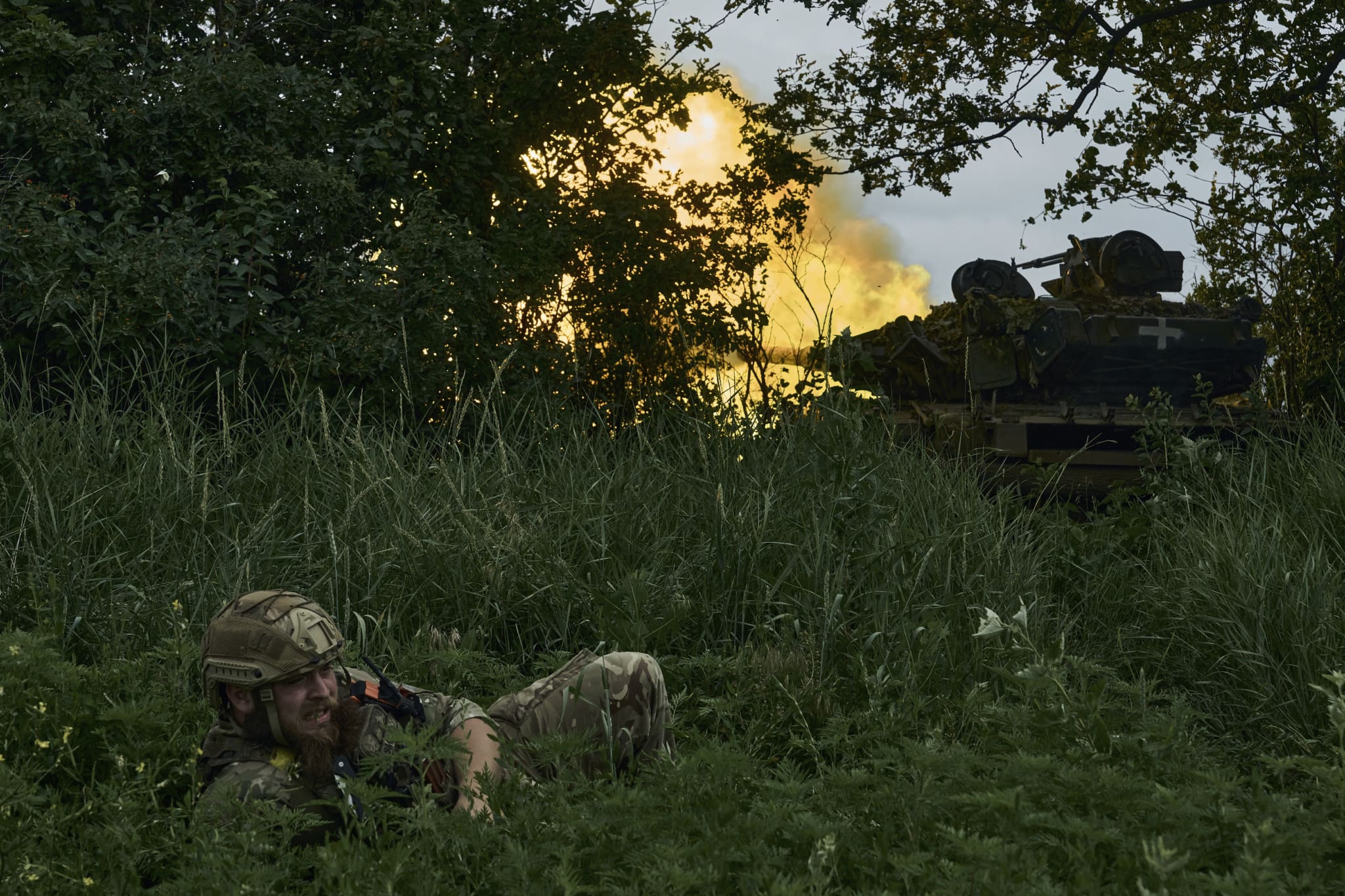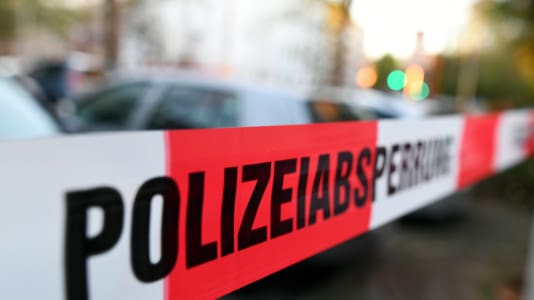A Hungarian military and security expert has warned that if the counteroffensive has already started, then the results are not very promising, and the few villages seized do not represent significant military gains. However, he also suspects, based on Western sources, that the main counteroffensive effort has not yet begun.
“The real attack on the part of the Ukrainians has not started yet, or if this is the counteroffensive, then the result is very weak and does not meet the high expectations that have been expressed up to now,” said József Horváth during an interview with Hungarian newspaper Magyar Nemzet.
According to Horváth, who serves as the senior security policy fellow of the Center for Fundamental Rights, a Hungarian think tank, only three of the available 12 Ukrainian divisions are being used, according to Western sources.
Over the weekend, Ukrainian troops occupied several villages located in the immediate vicinity of the front, and even Ukrainian President Volodymyr Zelensky issued a statement regarding the partial successes. He claimed that step by step, the Ukrainian counterattack is progressing well.
The occupation of one of the villages named Pyatihatki was also recognized by the Russian forces, and the public was informed that fierce fighting was going on in three regions of the Ukrainian frontline, which stretches for about a 1,000 kilometers.
Horváth pointed out that the Russian army, which is currently in a defensive position, was able to build a strong defense line. The battle along the front is constantly fluctuating in the several-kilometer conflict zone, and some settlements change hands several times within a short period of time.
“On the part of the Ukrainians, in addition to probing, there are diversionary operations aimed at attracting the attention of the enemy. All this is done in order for the Russians to carry out re-deployments from other parts of the front and, if appropriate, to be able to launch an attack in these less well-protected parts,” said Horváth, who formerly served as deputy director general of operations of the Hungarian Defense and Military Service.
He added that the capture of the villages by Ukraine was of no significant military achievement.
When asked by Magyar Nemzet, the security policy expert said that the Ukrainian counterattack has a clear goal.
“The only acceptable result of the attack, which the Ukrainians can show, is if they manage to split the Russian frontline and separate the southern and eastern forces from each other, and then, wedged between them, even reach the Sea of Azov. In that case, the Russians would find themselves in a much more difficult situation logistically in terms of securing supplies, and it would also become much more difficult to supply and protect the Crimean peninsula.”
He added that the Russians are well aware of the risks arising from the front being split in two, so they are trying to maintain their combat positions and prevent the advance of the Ukrainians.
According to the Wall Street Journal, the Ukrainian forces paused the offensive due to the initial heavy losses, and are trying to figure out how to break through the Russian lines without suffering high casualties. In this regard, Horváth added that the clear superiority of the Russian air force could also cause additional problems for Kyiv, allowing it to easily crush the Ukrainian divisions participating in the counterattack. The expert said that to remedy this, Western equipment, including F−16 fighter jets, will arrive to the Ukrainian armed forces, but in the best case they will arrive at the end of the summer or the beginning of autumn.
However, the Hungarian expert warns that the Ukrainian counterattack must be completed by autumn, as then, bad weather and rain sets in, which makes traffic difficult to such an extent that a more serious counterattack could not be carried out until the hard frost of winter sets in, he explained..





